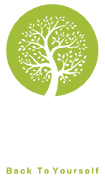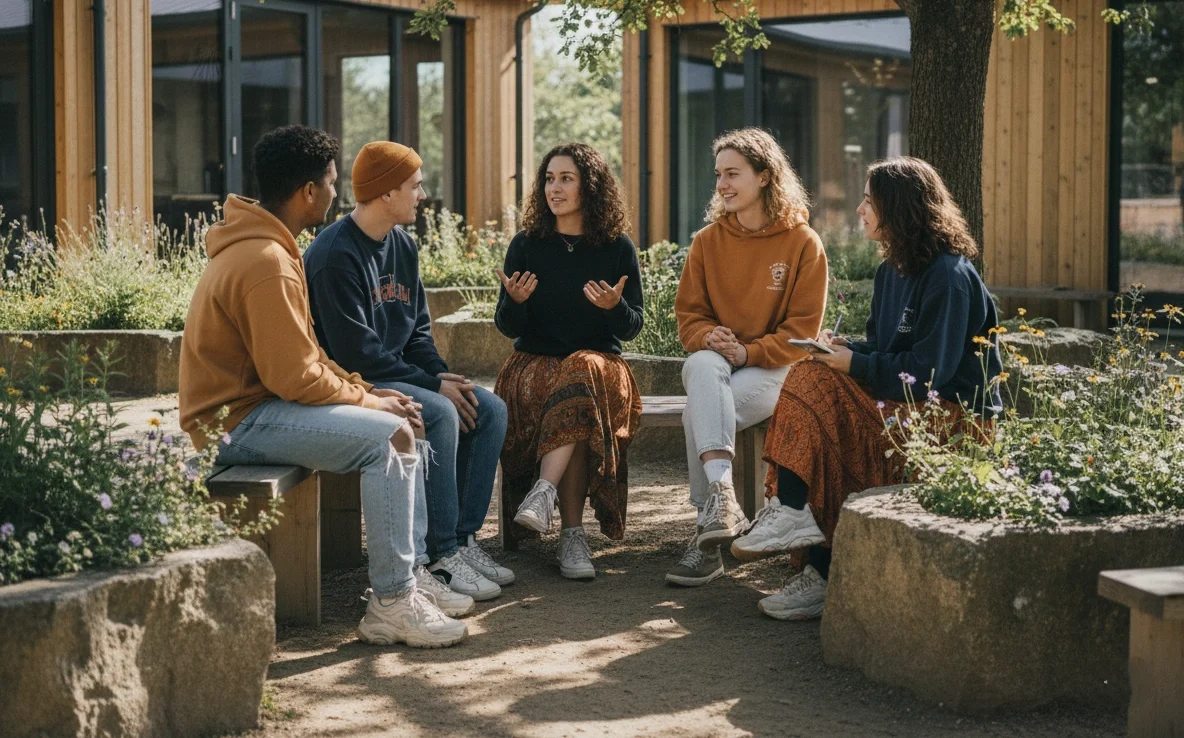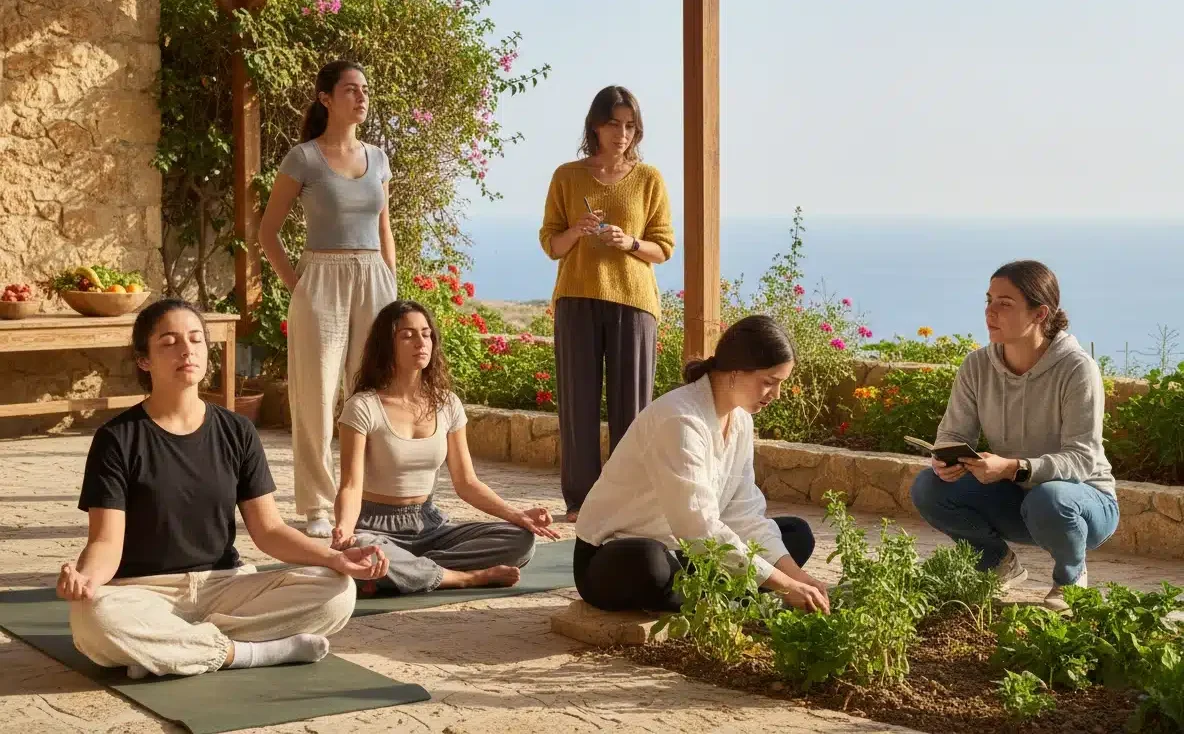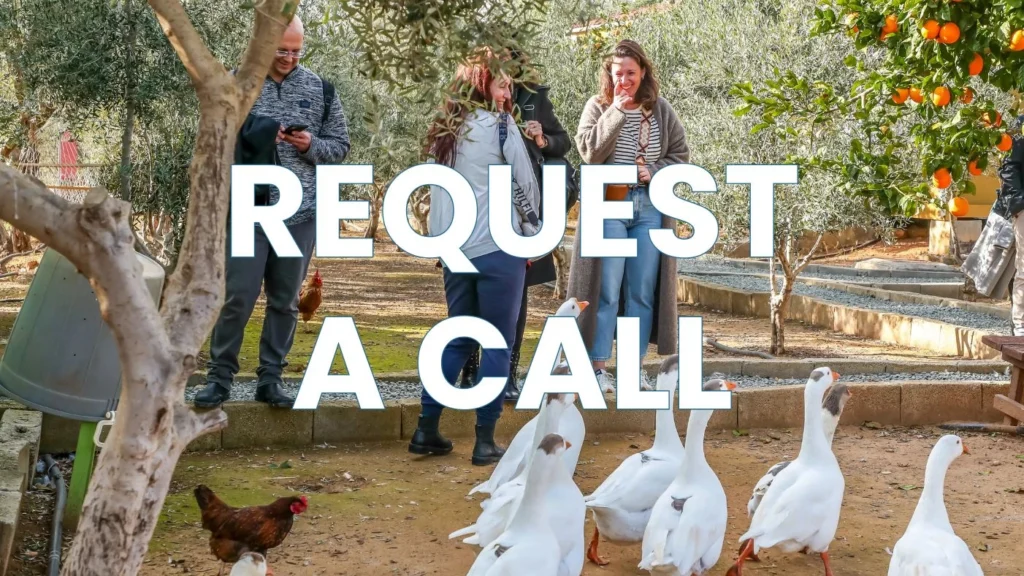Self-Harm Recovery: Compassionate Care for Young People
05 min read

Introduction
Self-harm is often a silent scream—a private response to overwhelming emotion, numbness, or inner turmoil. For young people aged 16–25, it can become a coping mechanism when they lack safe ways to express or regulate pain.
At Holina Cyprus, we don’t treat self-harm as a behaviour to be stopped—we treat it as a signal to be understood. Recovery begins with safety, compassion, and a trauma-informed approach that helps young people move from harm to healing.
In this article, we explore why self-harm occurs, how to spot the signs, and what recovery looks like in a holistic, non-judgemental environment.
Understanding Self-Harm
Self-harm refers to the intentional act of injuring oneself as a way to cope with emotional pain. It’s not about attention—it’s about release, control, or simply feeling something when life becomes too much.
Common forms include:
Cutting or scratching
Burning or hitting oneself
Picking at skin or wounds
Risky behaviours (e.g. extreme fasting, substance use, unsafe sex)
Self-harm often arises from unresolved trauma, unmet emotional needs, or inner beliefs of shame and unworthiness. Many young people use it to regulate overwhelming emotions they don’t yet know how to process.
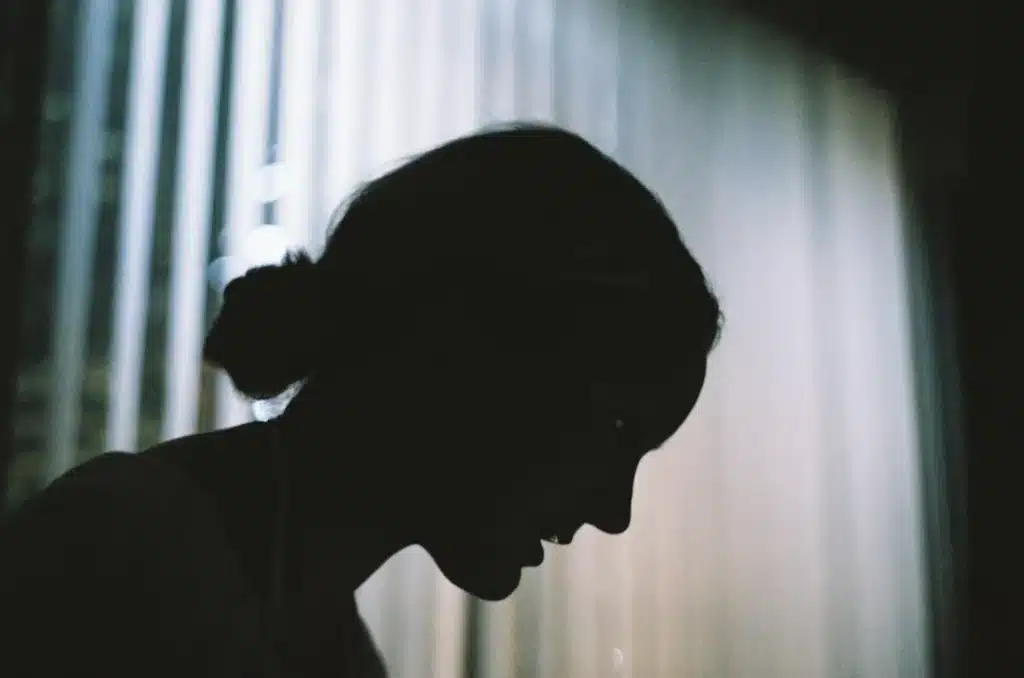
Why Young People Self-Harm
The reasons are deeply personal, but common drivers include:
Emotional overwhelm
Numbness or dissociation
Trauma or abuse history
Bullying or peer rejection
Anxiety, depression, or perfectionism
Low self-esteem or self-hatred
Family instability or neglect
Self-harm isn’t attention-seeking—it’s connection-seeking. It’s a way of saying, “I don’t know how else to survive.”
How Holina Cyprus Approaches Self-Harm Recovery
We meet each young person with respect, not judgement. Our trauma-informed, compassionate programme provides:
A safe and confidential environment free from shame
Therapeutic support that goes beyond symptom control
Somatic and creative therapies to express emotion without words
Regulation tools to replace harm with healing
Deep exploration of trauma and identity to build self-understanding
Clients are never punished for harming. Instead, they’re supported to develop healthier ways to feel, express, and connect.
📌 Related: What Trauma-Informed Recovery Looks Like →
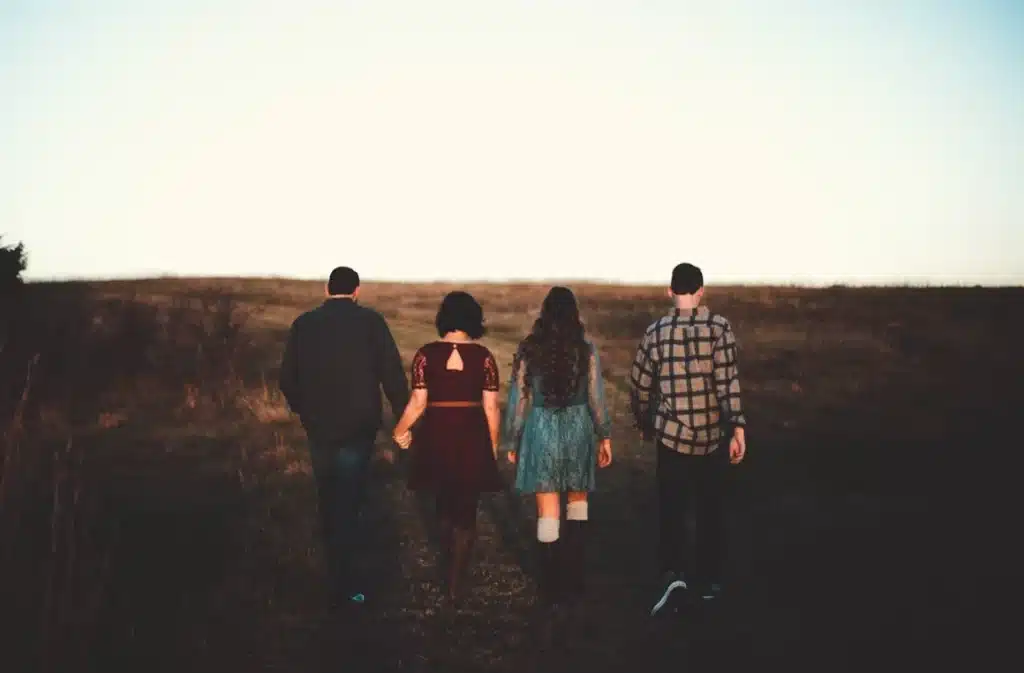
The Role of Trauma in Self-Harming Behaviours
Most self-harm is not about wanting to die—it’s about not knowing how to live with the pain inside.
At Holina Cyprus, we address root causes such as:
Childhood neglect or emotional invalidation
Loss, abandonment, or betrayal
Emotional shutdown and freeze responses
Toxic shame and fear of connection
Our therapists use modalities like:
Internal Family Systems (IFS) to understand inner emotional parts
EMDR to process past traumas gently
Somatic therapy to reconnect with the body
DBT-informed tools to manage distress and build coping skills
Healing comes not from control—but from compassion.

Holistic Healing Modalities for Self-Harm Recovery
Beyond talk therapy, we offer non-verbal healing methods that help regulate emotions and express pain safely:
Breathwork and yoga for nervous system regulation
Sound healing and meditation to calm internal chaos
Art and music therapy to express what words cannot
Journaling, ritual, and spiritual exploration for meaning-making
These tools empower young people to find peace with their feelings, not from them.
Cyprus as a Healing Space for Emotional Recovery
Our island location provides the ideal backdrop for recovery:
Tranquil Mediterranean coastline
Peaceful, non-clinical environment
Supportive community with small peer groups
Nature walks, ocean air, and stillness to support regulation
Holina Cyprus isn’t a hospital. It’s a place to breathe, feel safe, and begin again.
What Makes Holina’s Approach Unique
Shame-Free Environment
Young people are never blamed or shamed for how they cope. Every behaviour is met with understanding.Holistic + Clinical Integration
We combine evidence-based therapy with holistic healing—allowing emotional recovery at all levels.Individual Case Management
Clients receive one-on-one support throughout their stay, with a personalised care plan and constant adjustment.
Aftercare and Family Support
Where appropriate, we help families understand how to support without pressure. Ongoing coaching is available post-treatment.
Final Thoughts
Self-harm is not a failure—it’s a signal. At Holina Cyprus, we listen to that signal with care, and help young people learn new, life-affirming ways to feel.
There is no shame in needing help. There is only bravery in beginning.
FAQs
What causes self-harm in young people?
Often, it’s an attempt to cope with unmanageable emotions, numbness, or past trauma. It’s not attention-seeking—it’s pain management.
How is self-harm treated at Holina Cyprus?
Through trauma-informed therapy, body-based healing, and emotional skills building in a compassionate, non-judgemental environment.
Do I have to stop self-harming before admission?
No. We welcome young people at any stage. Our first goal is safety and understanding—not immediate behavioural control.
What if I’ve never told anyone about it?
You’re not alone. We offer a confidential space where sharing is always optional and always safe.
Is this programme for addiction or emotional healing?
Both. Many of our clients struggle with emotional health, addiction, or both. We tailor care to your needs.
Will I be forced to talk about painful things?
No. Healing happens at your pace. Non-verbal therapies are available when talking feels too difficult.
How do you help with urges to self-harm?
We teach grounding techniques, emotional regulation, and healthy expression—while supporting you with empathy and skill.
Is the environment safe and private?
Yes. Our centre is discreet, quiet, and designed for emotional safety. We maintain small groups and individualised attention.
Can parents be involved?
Yes, when appropriate. We offer optional parent support and clear communication to ensure continuity of care.
How can I apply?
Contact us for a private, compassionate consultation:
📧 info@holinacyprus.com
📱 +66 (0) 62641-8369
🌐 www.holinacyprus.com
